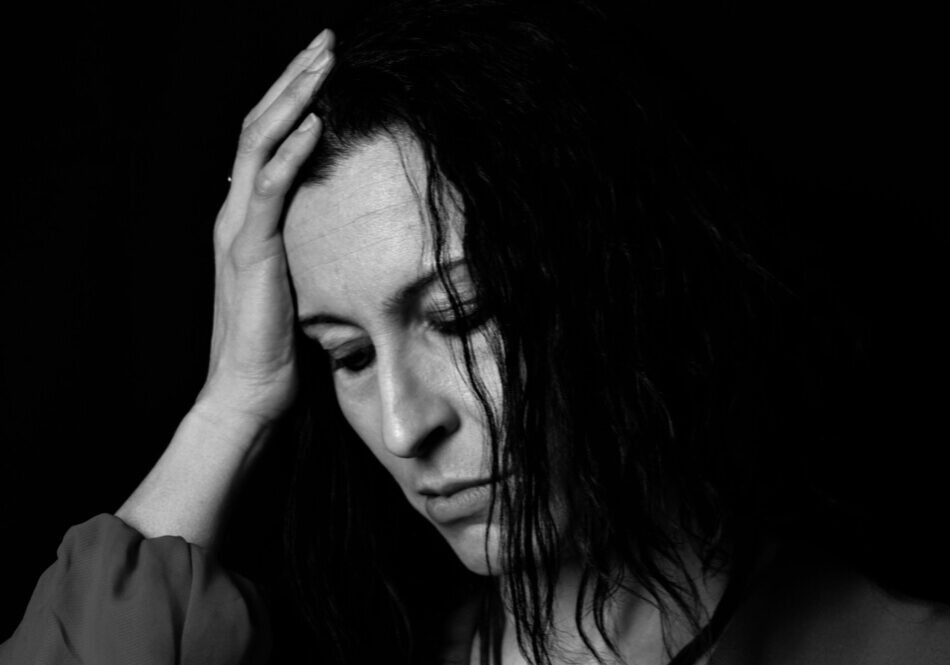The 7 Things You Need to Know about Depression

What do you know about Depression? It’s one of the most common mental illnesses out there, but many of us don’t know all that much about it. Although common, it is still very serious. Which is why we should take the time to get to know this disease and the way it impacts our lives.
Here is our list of the 7 things you should know about depression. Even if you don’t have the condition yourself, you can use this information to support your friends and family.
1. Many of us will go through depression at some point
In the past 120 years or so, we’ve been seeing rates of this mental illness rising. As of now, we estimate that about 1/6 people in the world will experience depression at some point during their lifetimes. There are many reasons why these rates are on the rise. One of which, is that we’re getting a lot better at picking up on it. People meet with healthcare professionals more frequently than in the past and are more aware. Also, public education about depression helps encourage people to open up about their mental health symptoms. Today, depressive disorders are the number one reason people seek out professional help with their mental illness. It also contributes to the sickest days from school and work. If you’re going through this mental illness, chances are someone you know has been through it too.
2. Depression is a mood disorder
Moods are kind of like emotions, but they’re not exactly the same thing. Sometimes we describe our mood as good or bad, when we mean to say that we’re feeling happy or upset. In the psychological sense, mood means something else. It’s a generalized feeling that’s more subjective and harder to define than emotions. Moods last for days or weeks at a time, while emotions can just be momentary.
Depression describes the situation when your mood stays low for a considerable period of time. Feeling sad and down all the time for at least 2 weeks is the most basic criteria for diagnosing depression.
3. There’s more than one type of depression
In fact, there’s a whole group of depressive disorders, each with its unique symptoms. So far, psychologists recognize all the following forms of depression.
- Manic Depression– an outdated, but commonly used term for bipolar disorder. There are different gradations of bipolar disorder depending on the severity. It involves extremes highs and lows in mood
- Persistent Depressive disorder- this form lasts for two years or more.
- Major Depressive disorder –
- Seasonal Affective Disorder – mood changes influenced by seasons
- Postpartum Depression – this type is unique to women who’ve just given birth
- Psychotic Depression – includes hallucinations and psychotic behaviors too
- Pre-menstrual dysphoric disorder – this form occurs in a pattern related to a woman’s menstruation
- Situational Depression – occurs in specific situations
- Atypical Depression
4. It can get very serious if left untreated
Are you aware of all of the symptoms of depression? Some can be lethal. Let’s take a look at the list of symptoms of an episode of major depressive disorder as described by psychologists.
- Feeling empty, sad, hopeless, and tearful
- Increased anger: outbursts, frustration, and irritability even when it comes to small matters
- Loss of previous interests. Quitting sports, music, or any other projects is a sign.
- Changes in sleeping patterns
- Tiredness, lethargy, exhaustion. Minor tasks can seem impossible.
- Appetite changes. Some people experience weight gain or loss.
- Anxiety and agitation.
- Behaving and speaking slower than usual.
- Negative beliefs about oneself, low self-esteem, feelings of worthlessness.
- Confusion, fogginess. Inability to make decisions or think quickly.
- Fixation on death and suicide.
- Unexplained aches and pains. Overall myalgia.
5. Men and Women experience depression differently
Based on scientific studies, we know that there are different rates of depression for men and women. The statistics show higher rates among women than men. However, psychologists don’t think women are actually more susceptible to the disease. They suspect that differences in the way we experience depression, as men and women, determine if we’ll get help or not. The studies only account for people who actually get help. Men are more likely to express anger and risk-taking behaviors, like drug abuse, as symptoms of depression than women. They also are much less likely to seek help. Women express more sadness and are open about their symptoms. Because of these differences in expression, women end up in treatment and getting diagnosed more often.
6. Some people are more at risk than others
Genetics, upbringing, environment, hormones, and brain chemistry can all increase our risk of developing this mental illness.
It can be passed down from generation to generation. Closer relatives of people with depression have a higher risk of getting it themselves. Stressful or traumatic childhoods contribute to risk, as well as disruptions in our hormones. Neurotransmitters, the chemicals our brains use to communicate, can change and lead to depression. It’s almost impossible to identify any one single cause in most cases of depression.
7. Good news, Depression can be treated
Therapy, support groups, reading materials, and rehabilitation centers are available to you. Treatment can be effective and help you get your life back. It doesn’t have to be a solo-battle with depressive disorders. Please reach out to us at Breathe Life Healing Centers, we have experts to help you get the right treatment for you.
To Inquire About Breathe Life Healing Centers, Please Call
Our Helpline 24/7 at (800) 929-5904
Get Help Now
Send us a message and a member of our team will be in touch shortly.
